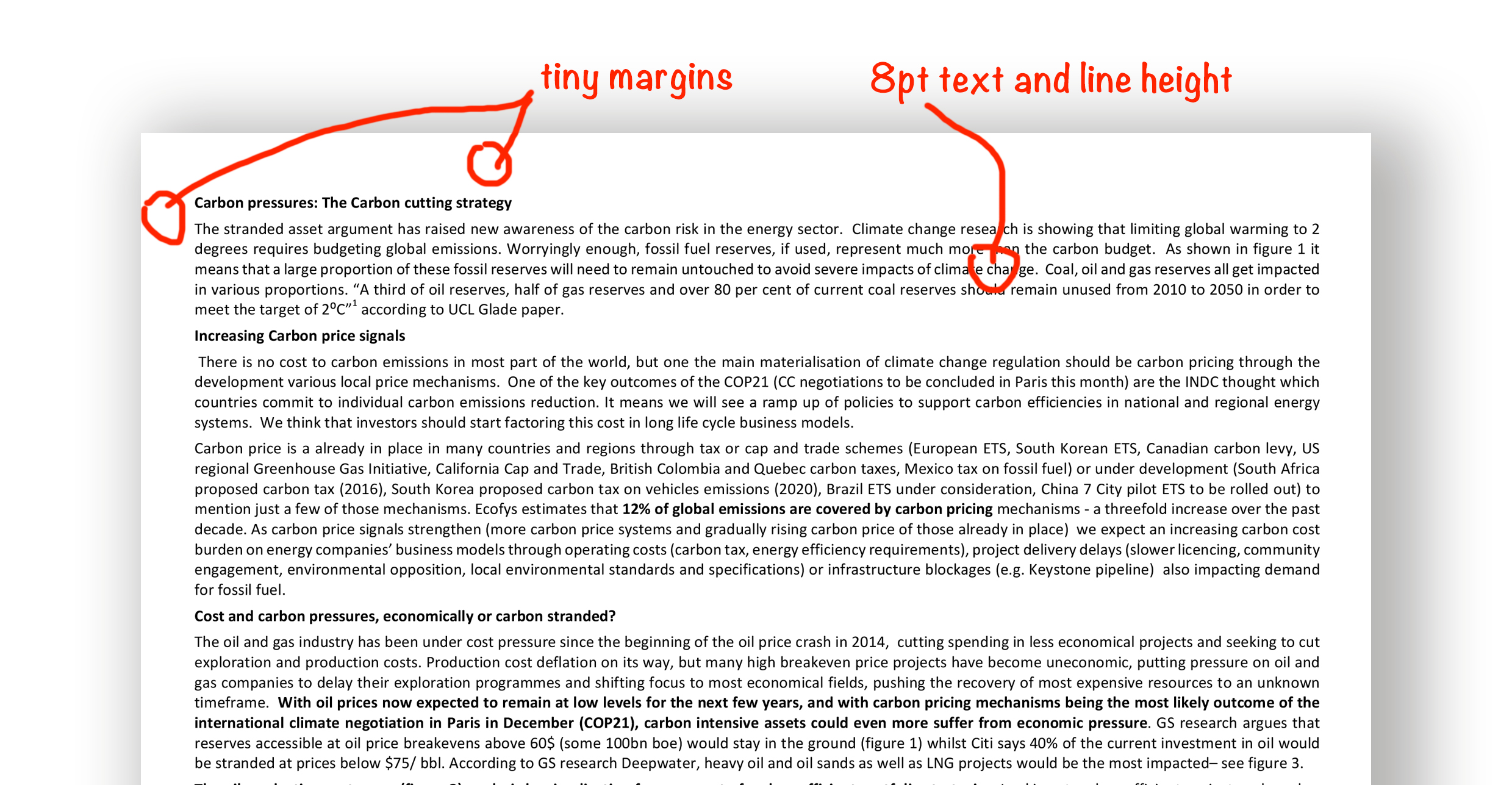How to write a report: seven questions to ask before you start drafting
I’ve been coaching some executives at a large organisation - on how to write better reports. This writing coaching work has led me to the conclusion that a poorly constructed report is rarely the sole fault of one particular writer.
Just as important are an organisation’s overall processes for producing reports - especially when several people are being invited to provide input into documents. It’s got me thinking about what an organisation can do to make the collaborative writing process more efficient - and less painful for everyone involved.
Setting clear expectations from the outset is key. As a copywriter, I’d never write anything without a strong brief - and none of my copywriting clients (mostly marketing peeps) would expect me to either. That’s why, before I start writing, I always ask my clients to fill in a briefing form that captures the audience, purpose, style and content of the piece.
Likewise, if you start writing a report without a clear idea of what’s expected, you risk producing something vastly different from what your manager had in mind. Here are the questions to ask to ensure everyone’s on the same page - before you sit down to write your report.
1. What’s my word count?
Establishing word count before you write is essential. It’s not just that you’ll have an idea of the expected size of the end product (1,000 words? 10,000 words? 30,000 words?). It’s also that having a word count to write to will give you the discipline to leave out the unnecessary detail that’ll cloud your message. Oh, and be sure to ask for a word count, not a page count. If your organisation measures documents by page count, I guarantee half your reports will look like this:
2. How do you want the report to look?
Is there a set format? Are certain sections required? Exec summary? Terms of reference? Recommendations? Does the organisation have any existing templates that could or should be used to produce a set layout? Best of all, is the person briefing you able to show you a previous report they liked? One that more or less reflects what they’re looking for this time around?
3. Should I use a particular style guide?
As an organisation, do we write 22 February or 22nd February? Emphasize or emphasise? 10% or ten per cent? Following a style guide eliminates the brain ache of having to consider tedious questions like these. It also helps you maintain consistency within a document, enhancing your credibility with your readers. Some organisations have their own style guide. Others might adhere to an external source, such as The Economist Style Guide. Either way, ask before you start writing.
4. Who is my reader?
This is the most fundamental question with any piece of business writing. Understanding what motivates your reader is key to getting them to read, keep reading and, ultimately, be persuaded by your words. Check out this technique for really digging into who your reader is - and what makes them tick. What if your target audience is mixed? For example, let’s say you need your report to win over both the sales team and technical specialists? Here’s my advice on how to persuade at every level.
5. Why am I writing this report?
As well as knowing who your reader is, you should also be clear on what you want that reader to do, know or feel after reading your report. Are you seeking a particular decision - such as the approval of a budget or go-ahead for a project? In other words, what’s your call to action? Asking these questions will help you establish your ‘why’ - the reason you’re writing the report in the first place.
6. What’s my key message?
What’s the one thing you want your reader to take away from the report? If you’re collaborating on a report, agree ahead of time what it is you actually want to say. Can you sum up your report in no more than three key points? If not, check out this five-minute technique for nailing your message.
7. Where are the landmines?
What’s the wider context of the report? Are there sensitivities you need to be aware of? Issues you must address? Or, conversely, things you can’t say? For example, will the Legal team be reviewing the document before publication? There’s nothing more demoralising than having some more in-the-know colleague redlining swathes of text you’ve already spent hours sweating over. Instead, get them to give you a steer on the landmines before you write.
Did you find this post helpful? What are your tips for easing the report-writing process? Let me know in the comments!



